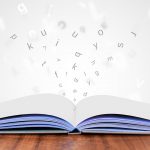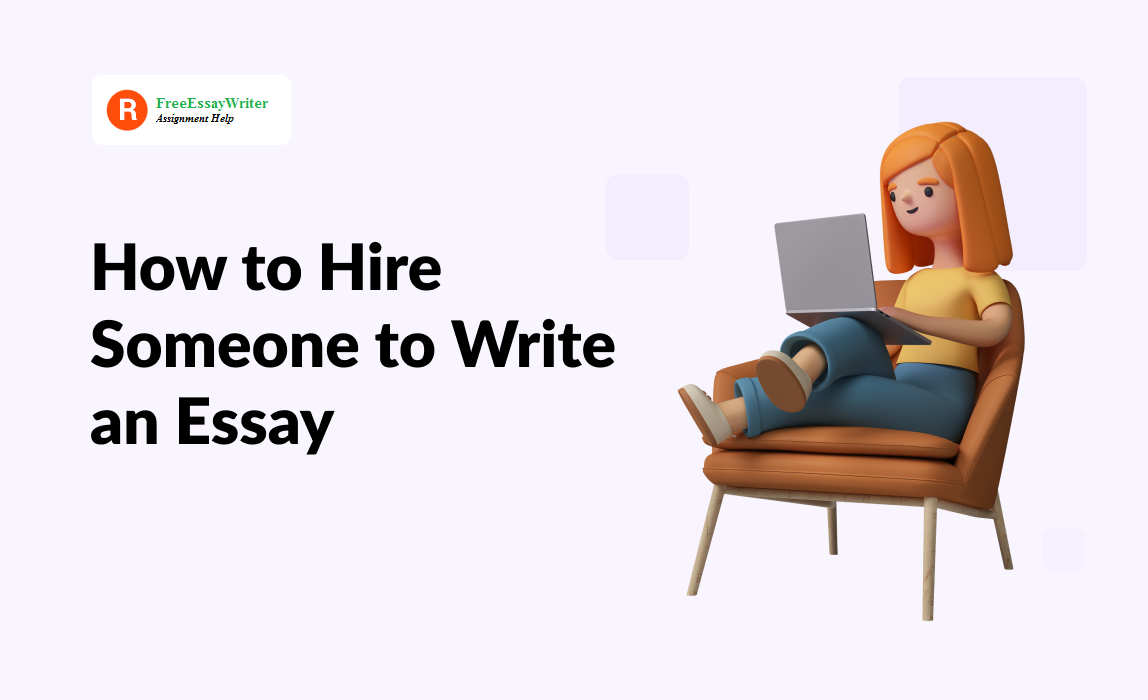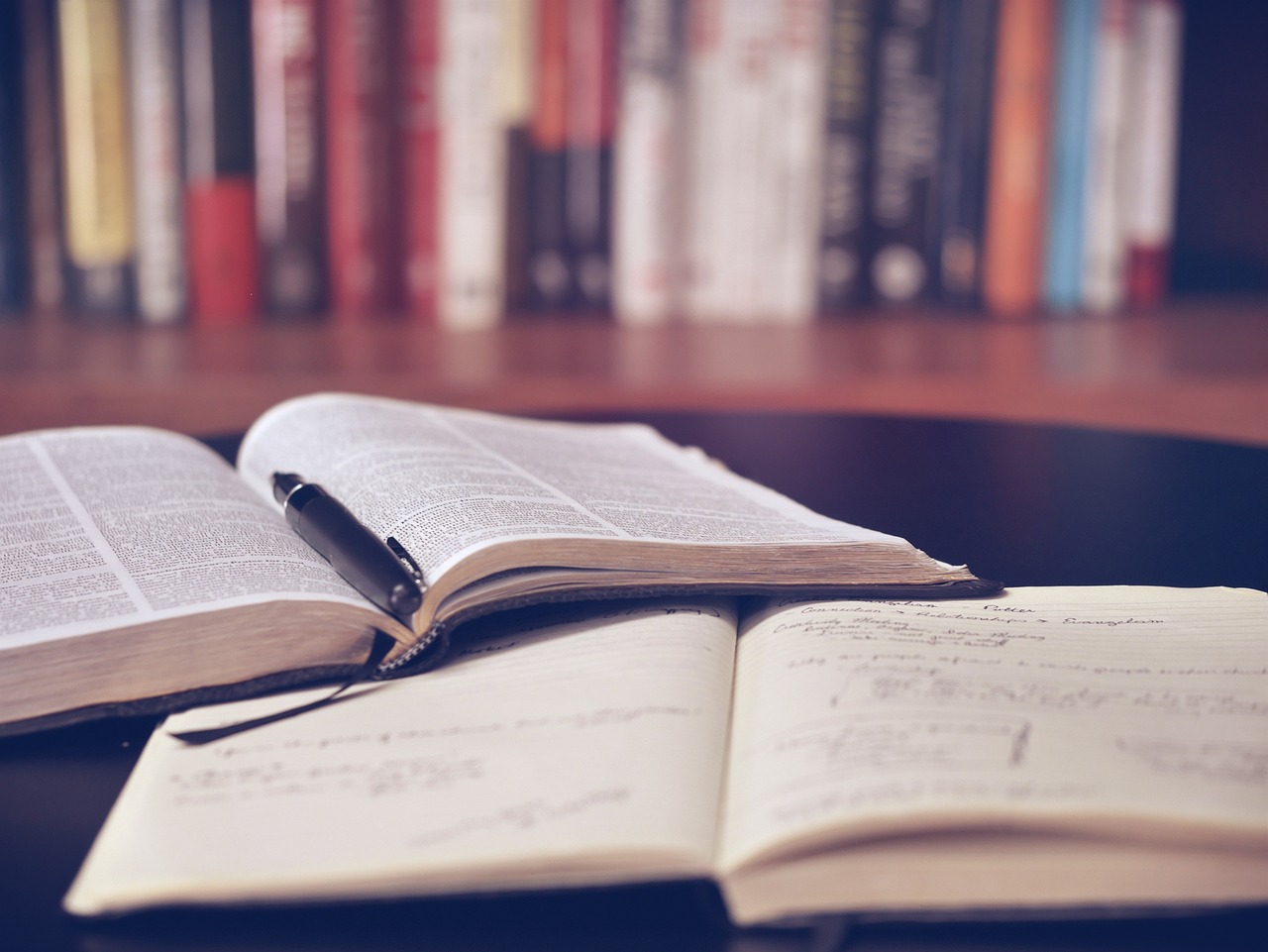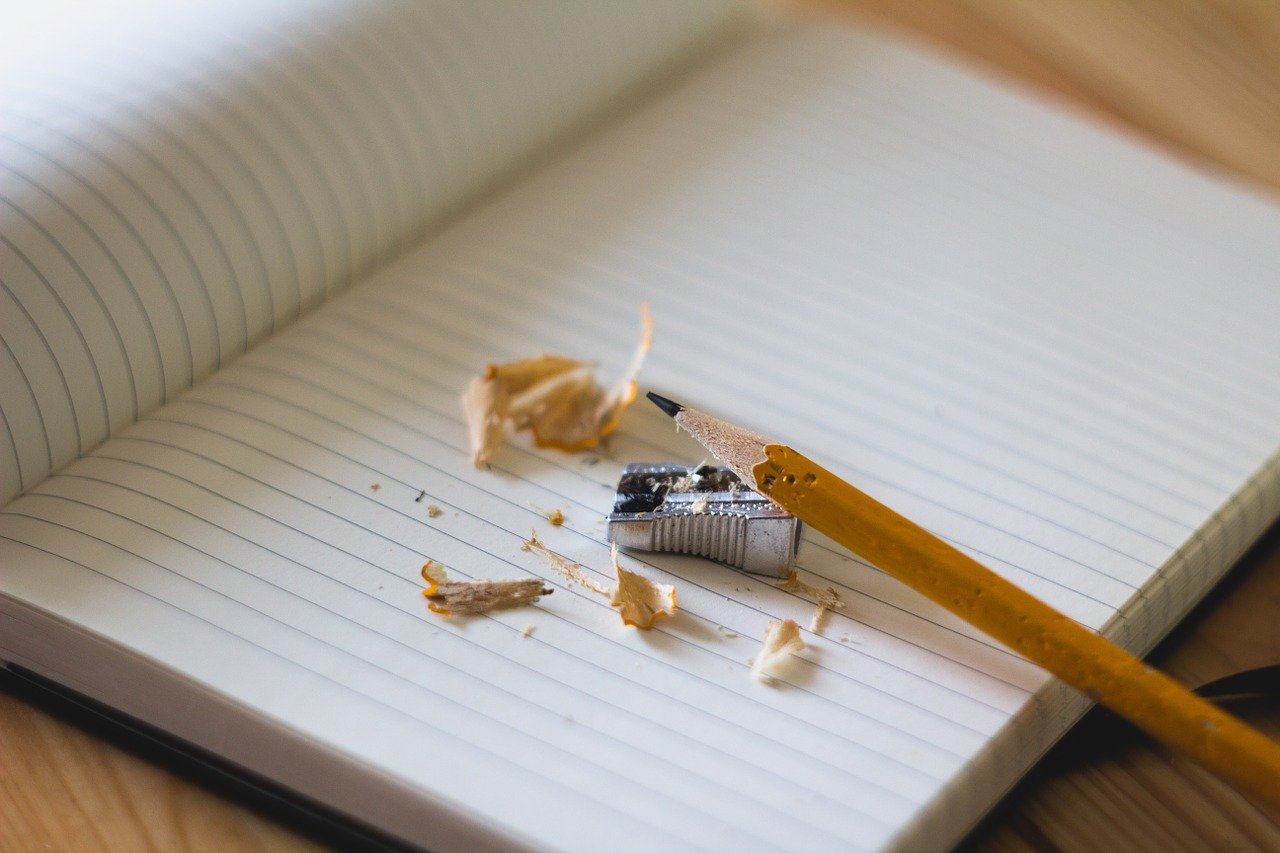
Have you ever had a sneaking suspicion that rote learning and simple rewriting of materials is nothing more than a waste of time and paper? Right you are. Today, there are a lot of innovative, much more effective learning techniques, matching your individual learning style. Willing to improve your study skills and grades? No problem! Discover the innovative methods briefly discussed below and choose from them the one that suits you best.
Study skills and styles
What are study skills? These are your abilities to understand, memorize information and apply it in new situations if necessary. Even though instructors expect all students to learn the same things by the same deadlines, there are no two students who acquire information in exactly the same ways or with exactly the same results. However, there is no need to be discouraged right now, because your uniqueness can become your advantage and a key to advanced academic skills. There are three main learning styles, namely visual (see), auditory (hear) and tactile/kinesthetic (touch). Check the following criteria to know which one is yours:
If your style is visual, you are likely to
- picture something in your head to remember it;
- prefer reading a lecture to listening to it;
- take notes during discussions to review later;
- need to see speaker’s facial expressions to better understand him/her.
If your style is auditory, you are likely to
- read aloud instructions to understand them;
- enjoy participating in discussions;
- talk to yourself when alone;
- prefer music to visual arts.
If your style is kinesthetic, you are likely to
- be good at putting jigsaw puzzles together;
- constantly play with keys in your pocket;
- be good at repairing things;
- frequently touch others to show feelings (hugging).
Note that your learning style may be a mixed one. Still, understanding your preferences is essential to choosing the best suitable techniques to improve your study skills with paper writer.
Study skills: reading and listening comprehension
As it was already mentioned, rote learning or rewriting of materials is absolutely ineffective for developing study skills. It is like eating food without digesting it. Active learning and critical thinking could significantly improve your ‘digestion’ of materials and your reading and listening comprehension. Here is one effective method:
PQRST are not only letters of alphabet, but also a 5 step strategy of active reading (appropriate for all learning styles):
- Preview – look through the logical organization of a text and its main headings;
- Question – look at the questions you need to answer, before you start reading;
- Read – read thoughtfully, choosing the information to answer the questions;
- Summary – summarize in the best suitable way (choose the best suitable method from the following section);
- Test – answer the questions.
Study skills: summarizing
If your preferred learning style is visual, you may want to build a mindmap for your text, which is much more effective than conventional summaries:
- choose a nonlinear form for your unusual summary (diagrams, trees or anything you like);
- find the most important concept(s) and circle it (them) into the center; (e.g. weather)
- find subsidiary concepts, define how they relate to the main one and arrange them around the circle in the center (e.g. storm, rain, snow…).
If your preferred learning style is auditory, you may want to speak your summary aloud, discuss it with someone or even audiotape your summary.
If your preferred learning style is kinesthetic, you may use flash cards, writing different parts of your summary on them so that you could touch them.
Study skills: memorizing
Even though the above-discussed methods are good for memorizing information, you may want to use additional mnemonics (specialized techniques for learning something). One of the ways to memorize something is to use funny phrases to learn longer lists. The first letters of the words you need to learn can be used as the first letters in your funny phrases. Here are a few study tips:
- FANBOYS stands for 7 coordinating conjunctions in the English language: For, And, Nor, But, Or, Yet, So.
- Please Excuse My Dear Aunt Sally stands for the order of math operations: Parentheses, Exponents, Multiply, Divide, Add, and Subtract.
As you see, with these innovative methods, you can improve your skills and study with pleasure. Make the clear understanding of your learning style your advantage and advanced study skills a guarantee of your academic success.







